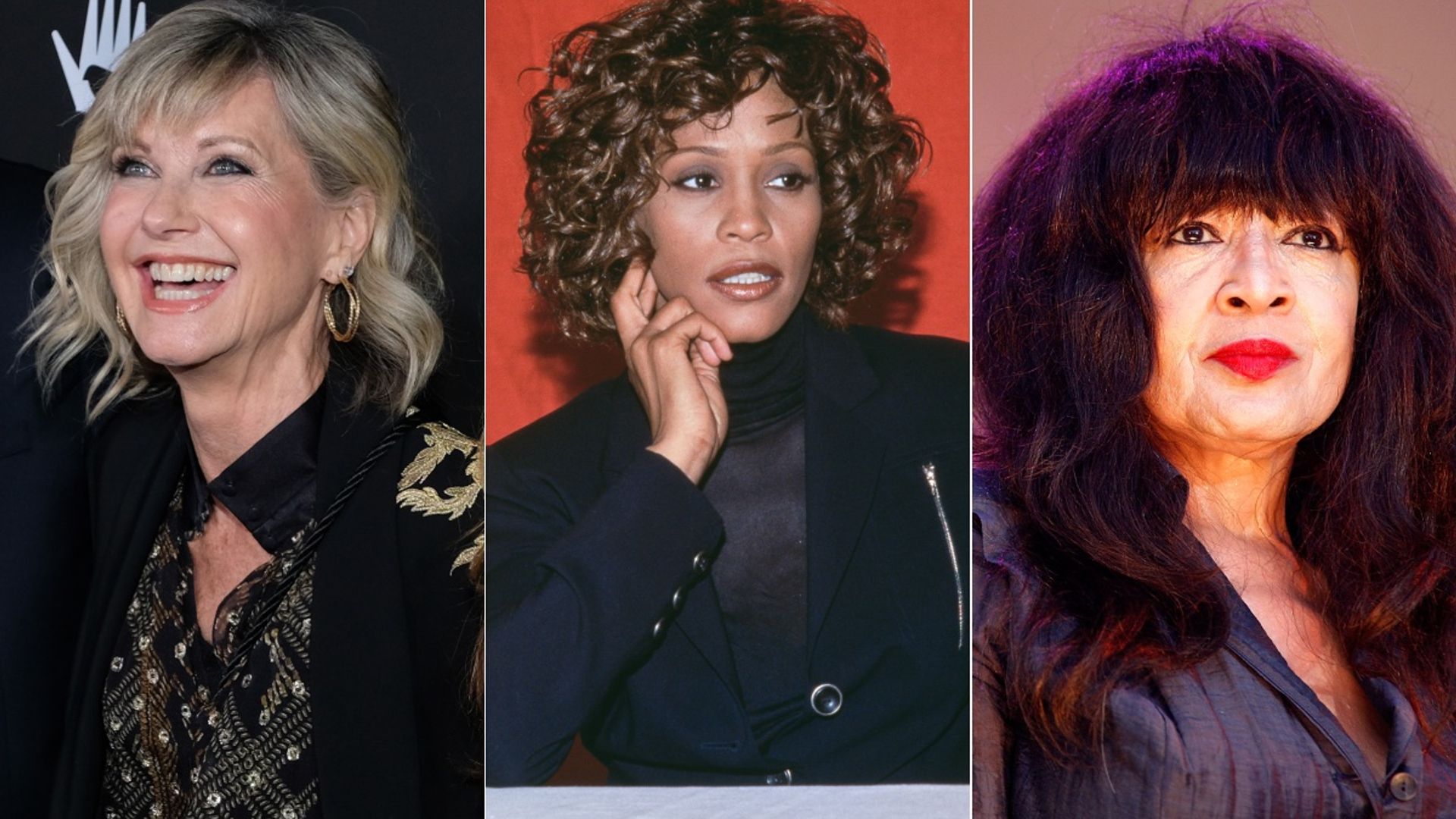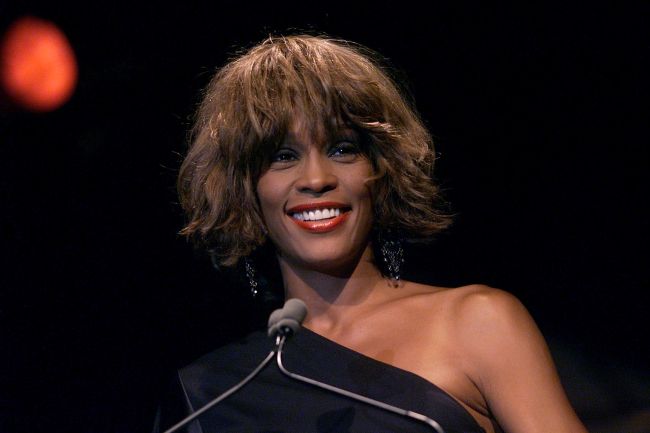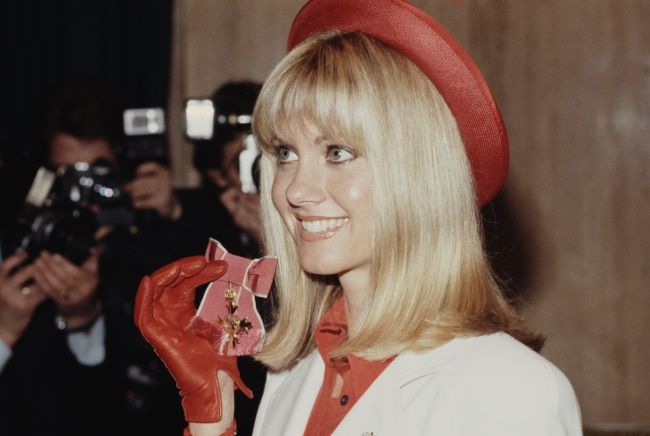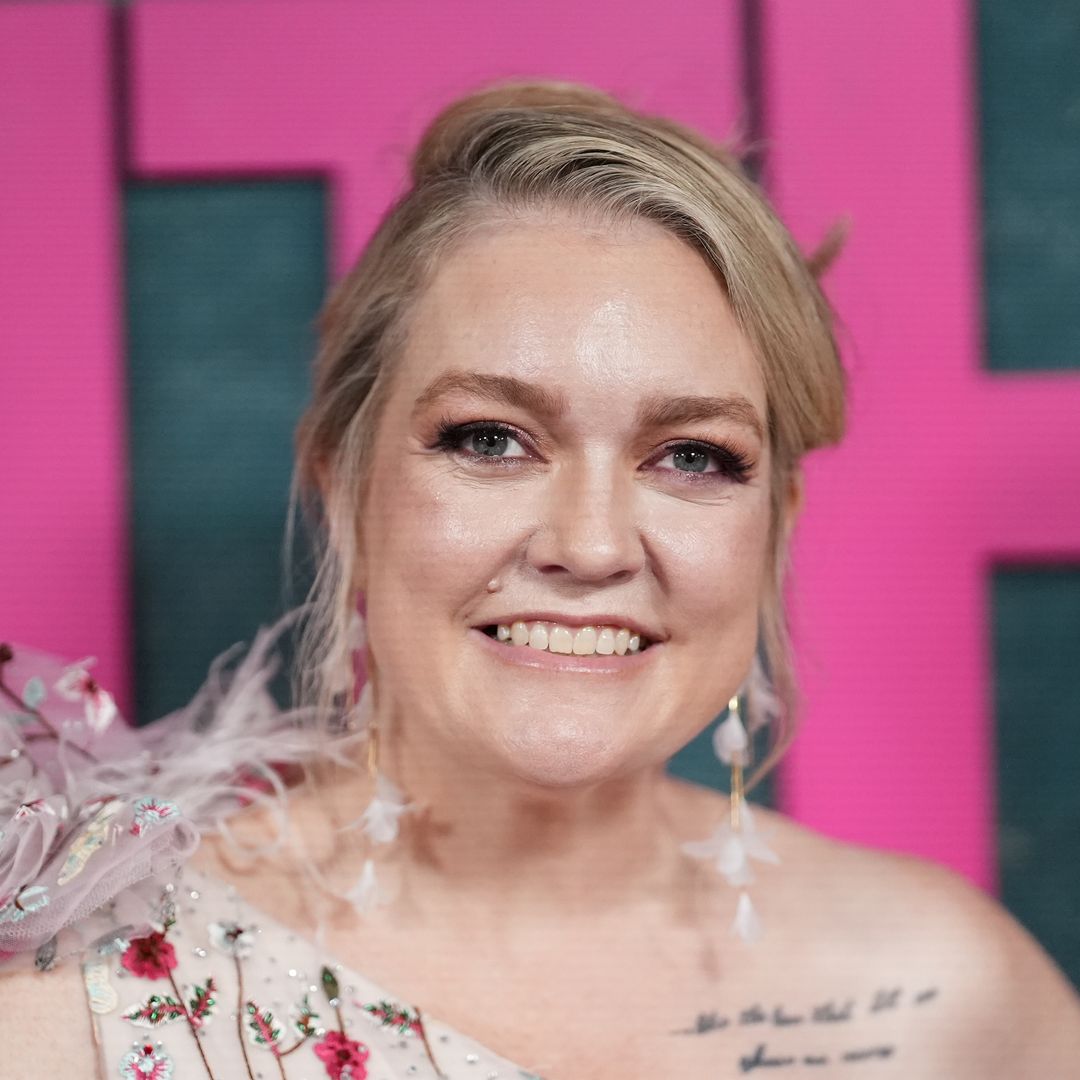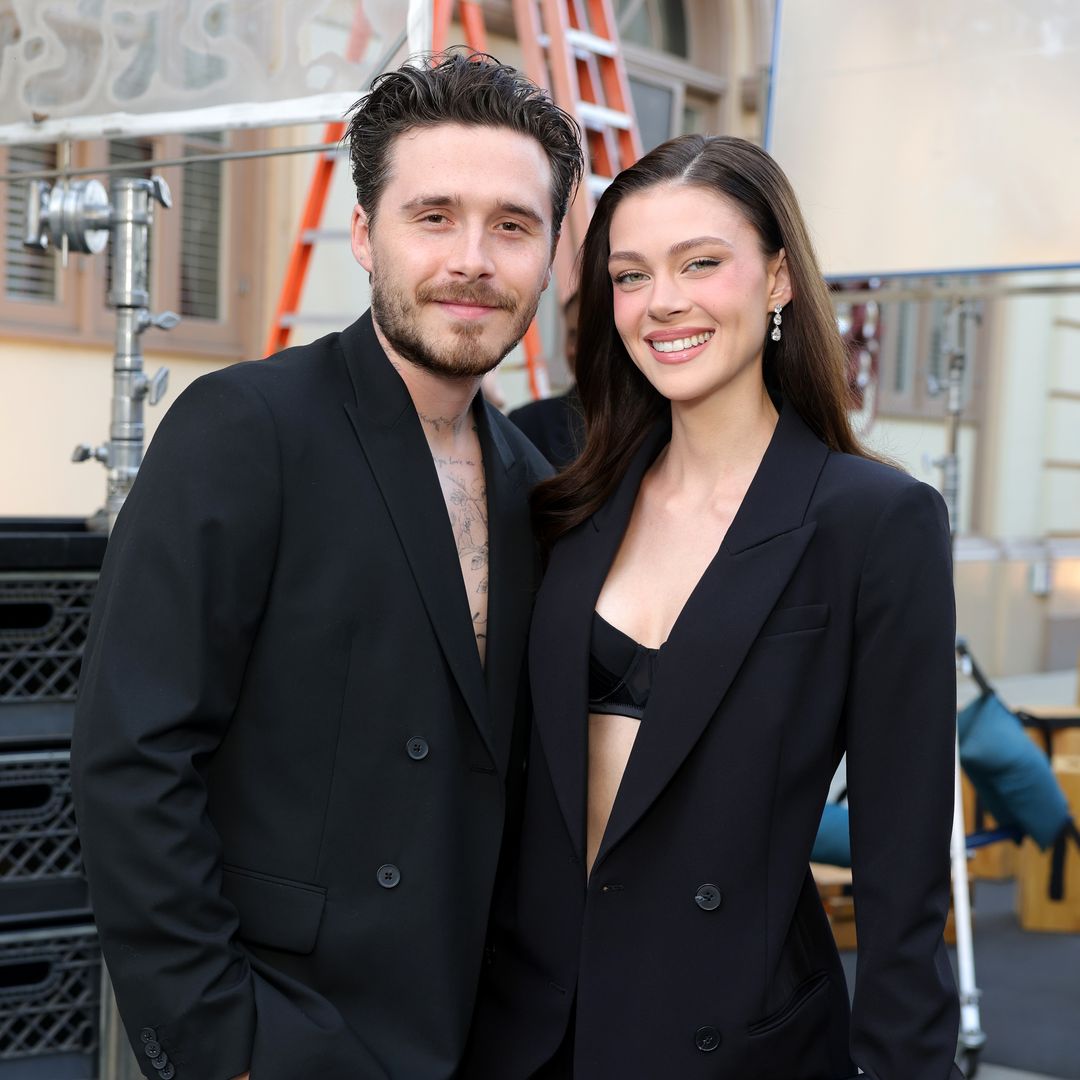Whether they’ve been gone a few months, a year, or decades, music legends enjoy a particularly magic form of immortality after they die. It’s so simple to summon their memory when a song pops and stays in your head. Think, for example, how hearing "I Wanna Dance With Somebody," "Hopelessly Devoted to You," and "Be My Baby" instantly brings Whitney Houston, Olivia Newton-John, and Ronnie Spector back to life.
But those three women aren’t just celebrated for their discography, vocal gifts, or charisma. Because each capitalized on their fame and access to help lift others — especially women.
For International Women’s Day 2023, we’re spotlighting how Whitney, Olivia, and Ronnie made an impact far beyond the stage and studio, cementing a women-first legacy that will last generations.
VIDEO: Olivia Newton-John's most incredible moments following her heartbreaking death
Whitney Houston's lesser-known role
Last month marked the eleventh anniversary of Houston’s death at age 48. Ranked by Rolling Stone as the second greatest singer of all time, behind only Aretha Franklin, Whitney is remembered for her voice, her smile and, unfortunately, the tragic circumstances surrounding her passing.
And while her colossal influence on music and the music industry has never been discounted, one important aspect of her legacy has been largely ignored: her passionate, behind-the-scenes advocacy of fellow Black women in entertainment.
MORE: Whitney Houston's 10 most stylish fashion moments of all time
As a recent piece in the T: The New York Times Style Magazine explored, Whitney "deliberately used her status as an icon to light up a whole network of Black female forebears and creative descendants."
Whitney made monumental efforts in widening the influence of Black women in music and film
She did this both in music as well as film: spearheading and producing such seminal projects as the Black women-led movie Waiting to Exhale (1995) and its blockbuster soundtrack; popularizing contemporary gospel and its stars on the soundtrack for The Preacher’s Wife (1996); and recruiting next-generation Black women in R&B and hip-hop (Lauryn Hill, Missy Elliot) to collaborate on her 1998 album My Love Is Your Love. Faith Evans, who sang with Houston (and Kelly Price) on the hit "Heartbreak Hotel," says that Whitney wanted "to shine some light on some other Black females from church."
RELATED: Exclusive: Elizabeth Hurley reveals how motherhood transformed her life
TRENDING NOW: Gwen Stefani shares 'incredible' news as fans rush to congratulate her
Whitney was also a natural mentor, taking several Black teen stars under her wing during the '90s. She worked and co-starred with Brandy in a reimagining of Cinderella in 1997, and encouraged Brandy’s peer, Monica, to stay true to her vocal style, song choices, and self-presentation. The six-time Grammy award winner was also a true friend during tough times — according to the T article, she flew to Monica’s side after a devastating death in her family, and watched over a grieving Faith Evans after the 1997 murder of her husband, the Notorious B.I.G.
Olivia Newton-John's life-saving impact
Like Whitney, Olivia Newton-John was first a successful musical artist before expanding her talents to film. When she passed away last August at age 73, the world mourned and reminisced about the Australian superstar's powerful, crystalline vocals in dozens of genre-spanning hits ("Physical," "I Honestly Love You") and her classic turn as Sandy in Grease. But it was Olivia’s bravery and honestly amid her 30-year battle with breast cancer that quite literally saved and improved the lives of women around the world.
Olivia passed away last August after a lengthy battle with breast cancer
Diagnosed with the disease at age 44, Olivia became one of the world’s most high-profile campaigners for advancing cancer treatment. Decades of advocacy and fundraising culminated in the 2012 opening of the Olivia Newton-John Wellness and Research Centre in Melbourne, Australia.
"To have a place that supports the people that are going through it and their families is my dream," she said of the Centre, which is now involved in about 200 clinical trials for a variety of cancers. She also established the Olivia Newton-John Foundation Fund, an independent charity sponsoring global research into plant medicine for cancer. "She made a huge difference in the world as an advocate for how to handle cancer and she really cared about so many other people," her close friend Jane Seymour told HELLO! last year.
MORE: Exclusive: Gayle King on why interviewing Olivia Newton-John is a career highlight
ALSO POPULAR: Savannah Guthrie to make big change in personal life amid Today absence
Jane added that, even in her final days, though "frail," Olivia continued her work. “She would actually spend a lot of time, effort and thought and actually pick up the phone and speak to people we both knew who were going through the battle."
The Australian singer was a staunch advocate for cancer awareness
Ronnie Spector: a voice for the abused
Cancer also took the life of Ronnie Spector, who passed away in January 2022 at the age of 78. Ronnie was just 16 when she and the Ronettes recorded "Be My Baby" in 1963, cementing her as one of the most important and revolutionary voices, male or female, in early rock 'n' roll. Subsequent hits, with Ronnie’s enormous voice at the center, included "Walking in the Rain" and "Baby I Love You."
Born and raised in East Harlem, Ronnie (born Veronica Bennett) was of mixed racial heritage, and brought a unique blend of edge, sexuality, and power to her performances and styling. Her fearless attitude and improvisational musicality can be heard today in the likes of Miley Cyrus, Beyoncé, Rihanna and many famous women in between, from Joan Jett to Amy Winehouse.
RELATED: Exclusive: Kate Moss reveals her life lessons and special way she uplifts women
MORE: 30 Feminist quotes to inspire you this International Women's Day
Famously, Ronnie was also an outspoken survivor of physical and emotional abuse. Her tormentor was the man behind her most famous hits: Legendary and notorious "Wall of Sound" producer Phil Spector, to whom she was married between 1968 to 1972.
As Ronnie wrote in her 1990 memoir Be My Baby and interviews over the years, Phil was violent and controlling, and forbade his wife from recording, leaving their home, watching TV or even reading the newspaper. It took all of her courage, and urgent advice from her mother, to finally escape and start her life over.
Ronnie spoke up against abuse and taking back her power
"I can only say that when I left in the early ’70s, I knew that if I didn’t leave at that time, I was going to die there," she wrote in the memoir. It took Ronnie years to gain back her confidence and clout in the industry. She enjoyed a comeback, and exposure to a brand-new generation of fans, singing with Eddie Money in the 1986 smash "Take Me Home Tonight."
RELATED: Royal approved female-owned brands to shop ahead of International Women's Day
In the decades that followed, she continued making music while bravely telling her story and advocating for victims of abuse. "I would tell any woman, if you are in a bad relationship, you have to find someone — like my mother. If it's not your mother, your best friend. One person has to help you," she told People.
"It was so dark back in those days. Now I feel free now to be able to tell other women. Maybe not every woman will listen to me, but some will and I [hope] I can get one or two to save their [own] lives or save them from getting abused."
MORE INTERNATIONAL WOMEN’S DAY:
Michelle Obama's 10 most powerful quotes
Kate Moss reveals her life lessons and special way she uplifts women
Elizabeth Hurley reveals how motherhood transformed her life
Read more HELLO! US stories here
Keep up with the latest celebrity stories Sign up to our HELLO! Mail newsletter to receive the latest news straight to your inbox.
